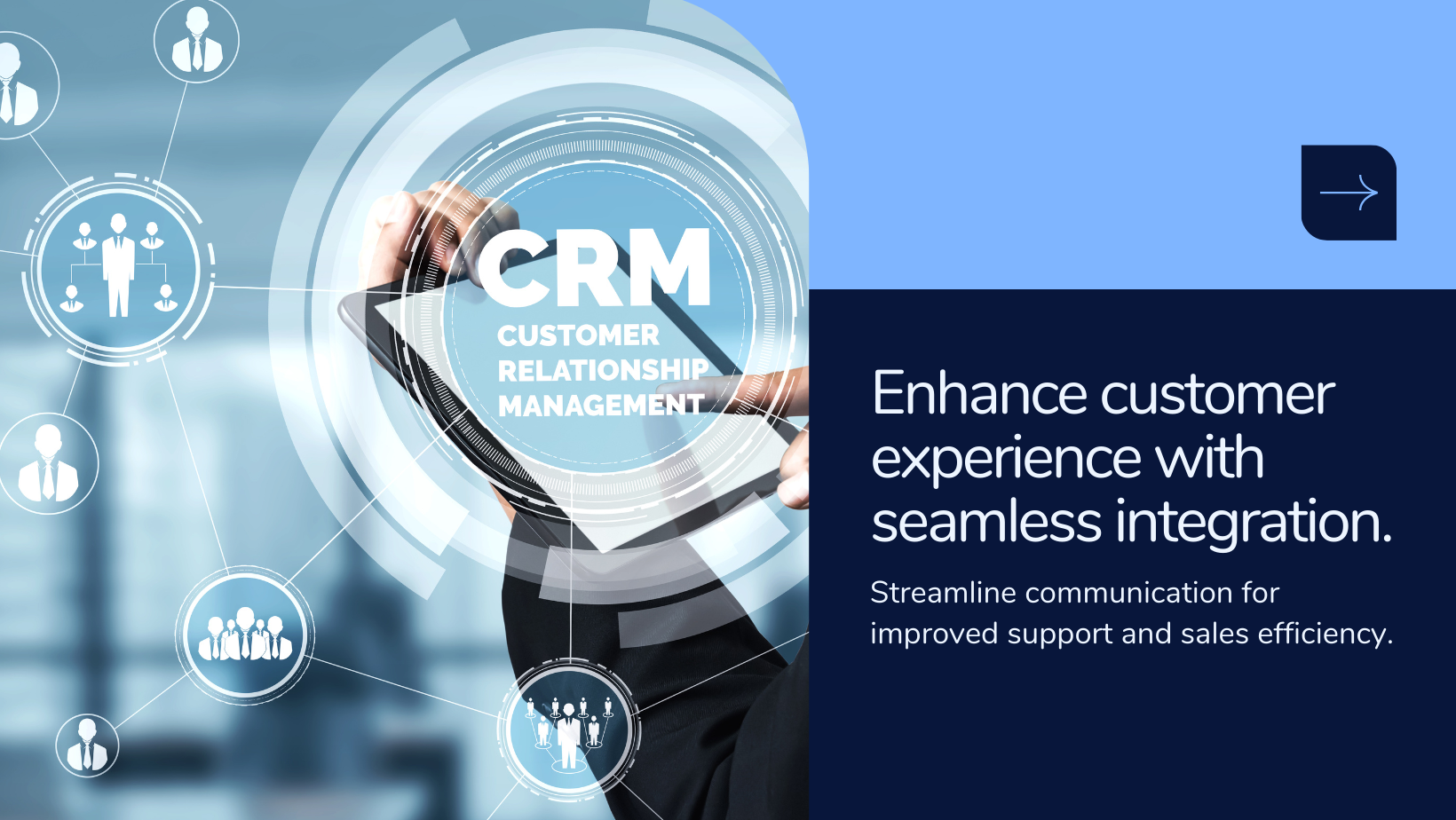Unleashing the Potential: Location-Based Data and D2C Brands in India.

In today's digital age, location-based data has become an invaluable asset for Direct-to-Consumer (D2C) brands in India. By harnessing the power of this data, businesses can gain deep insights into customer behavior and leverage them to optimize product distribution and marketing strategies. In this comprehensive guide, we will explore the numerous benefits of using location-based data and provide a step-by-step approach for D2C brands to make the most of this powerful tool.
Table of Contents:
- Understanding the Significance of Location-Based Data
- How Location-Based Data Helps in Understanding Customer Behavior
- Optimizing Product Distribution Using Location-Based Data
- Enhancing Marketing Strategies with Location-Based Data
- Case Studies: Successful Implementation of Location-Based Data in India
- Future Trends and Innovations in Location-Based Data
- Conclusion
1. Understanding the Significance of Location-Based Data
2. How Location-Based Data Helps in Understanding Customer Behavior

Location-based data plays a significant role in this process by providing valuable insights into customer preferences, purchase patterns, and demographic information. By analyzing location data, businesses can identify where their target audience is located, the places they visit, and the activities they engage in. This information helps businesses understand customer interests, preferences and needs specific to different geographic regions. It enables them to make data-driven decisions on product offerings, pricing strategies, and marketing campaigns. Furthermore, location-based data allows businesses to segment their customer base, creating targeted and personalised experiences. With a deeper understanding of customer behavior through location-based data, businesses can build stronger connections, deliver relevant offerings, and enhance customer satisfaction and loyalty.
3. Optimizing Product Distribution Using Location-Based Data
Location-based data is crucial for optimizing product distribution. It enables businesses to strategically position their distribution centers and retail outlets based on customer concentration and regional demand patterns. By leveraging this data, businesses can streamline their distribution processes, reduce costs, and enhance customer satisfaction, gaining a competitive edge in the D2C market in India.

4. Enhancing Marketing Strategies with Location-Based Data
By leveraging this data, businesses can gain valuable insights into customer preferences, behavior, and demographics specific to different locations. This information allows them to create targeted and personalised marketing campaigns that resonate with their target audience. Moreover, location-based data enables businesses to identify the most effective marketing channels and platforms for reaching their customers in specific regions. By incorporating location-based data into their marketing strategies, D2C brands can maximize their marketing efforts, improve customer engagement, and drive better business outcomes.
Step 1: Gathering Relevant Location-Based Data
This data can be obtained through various sources such as mobile apps, social media platforms, GPS tracking, and customer surveys. It provides valuable information about customer preferences, buying patterns, and geographical locations, allowing businesses to tailor their strategies accordingly. By collecting and analyzing this data, D2C brands can gain insights into specific regions, target the right audience, and make data-driven decisions to enhance their overall performance and market reach.
Step 2: Analyzing and Interpreting the Data
Discover the essential techniques and tools for analyzing and deriving actionable insights from location-based data.
Step 3: Developing Customer Personas and Segmentation
Explore how to create detailed customer personas and segment the audience based on location-based data to tailor marketing strategies effectively.
Step 4: Tailoring Product Distribution to Targeted Locations
Learn how D2C brands can optimize product distribution by aligning it with the specific demands and preferences of different geographic areas.
Step 5: Creating Location-Based Marketing Campaigns
Uncover the key steps for designing and implementing successful location-based marketing campaigns that resonate with the target audience.
Step 6: Measuring and Evaluating the Impact
Explore the importance of tracking and measuring the outcomes of location-based strategies to refine and enhance future marketing efforts.
5. Case Studies: Successful Implementation of Location-Based Data in India
Several case studies in India have demonstrated the successful implementation of location-based data. Companies have used this valuable information to target specific customer segments, tailor marketing campaigns, and improve product distribution. By leveraging location-based data, businesses have achieved higher customer engagement, increased sales, and improved operational efficiency. These success stories highlight the effectiveness of location-based data in driving business growth and delivering exceptional customer experiences.

6. Future Trends and Innovations in Location-Based Data
The future of location-based data holds exciting possibilities. Advancements in technology will enhance accuracy and scope. Expect integration of AR and location-based data for immersive experiences. AI and machine learning will extract valuable insights. 5G networks will enable real-time services and expand applications. Location-based data will shape customer understanding, operational optimization, and enhanced experiences.
Conclusion:
Location-based data is a game-changer for D2C brands in India, enabling them to gain a deeper understanding of customer behavior and optimize product distribution and marketing strategies. By following the step-by-step approach outlined in this guide, businesses can unlock the full potential of location-based data and stay ahead in the competitive market. Embracing this powerful tool will pave the way for increased customer engagement, improved operational efficiency, and sustainable growth in the ever-evolving D2C industry.
FAQs
What is location-based data and how does it help in understanding customer behavior?
Answer: Location-based data refers to information that is collected based on the geographic location of individuals. It helps in understanding customer behavior by providing insights into their preferences, interests, and purchasing habits within specific regions.
What are the main benefits of using location-based data for D2C brands in India?
Answer: The benefits include gaining insights into customer preferences, targeting specific regions effectively, improving product distribution, enhancing marketing strategies, and boosting overall business performance.
How can location-based data help in identifying the target audience for D2C brands?
Answer: Location-based data provide information about the geographic locations of customers, allowing brands to identify areas where their target audience is concentrated and tailor their marketing efforts accordingly.
What are some common sources of location-based data?
Answer: Common sources include mobile apps, social media platforms, customer surveys, and geolocation technologies.
Is location-based data privacy-friendly?
Answer: Yes, when collecting location-based data, it is important to adhere to privacy regulations and obtain proper consent from users. Data anonymization and security measures should also be implemented to protect user privacy
How can D2C brands optimize product distribution using location-based data?
Answer: By analyzing location-based data, brands can identify areas with high demand, understand local market preferences, and strategically position their products in those regions.
Can location-based data help in targeting customers with personalized marketing campaigns?
Answer: Yes, location-based data enables brands to deliver targeted and personalized marketing messages to customers based on their geographic location, interests, and preferences.
How can location-based data improve marketing strategies for D2C brands?
Answer: By understanding customer behavior and preferences in specific regions, brands can develop more relevant and effective marketing strategies, resulting in higher engagement and conversion rates.
What are the challenges associated with using location-based data for D2C brands in India?
Answer: Some challenges include ensuring data accuracy, maintaining data privacy, and implementing the necessary infrastructure to collect and analyze location-based data effectively.
How can D2C brands get started using location-based data?
Answer: Brands can start by identifying their data needs, exploring available data sources, investing in the right technology and analytics tools, and building a data-driven strategy for utilizing location-based insights in their product development and marketing efforts.




